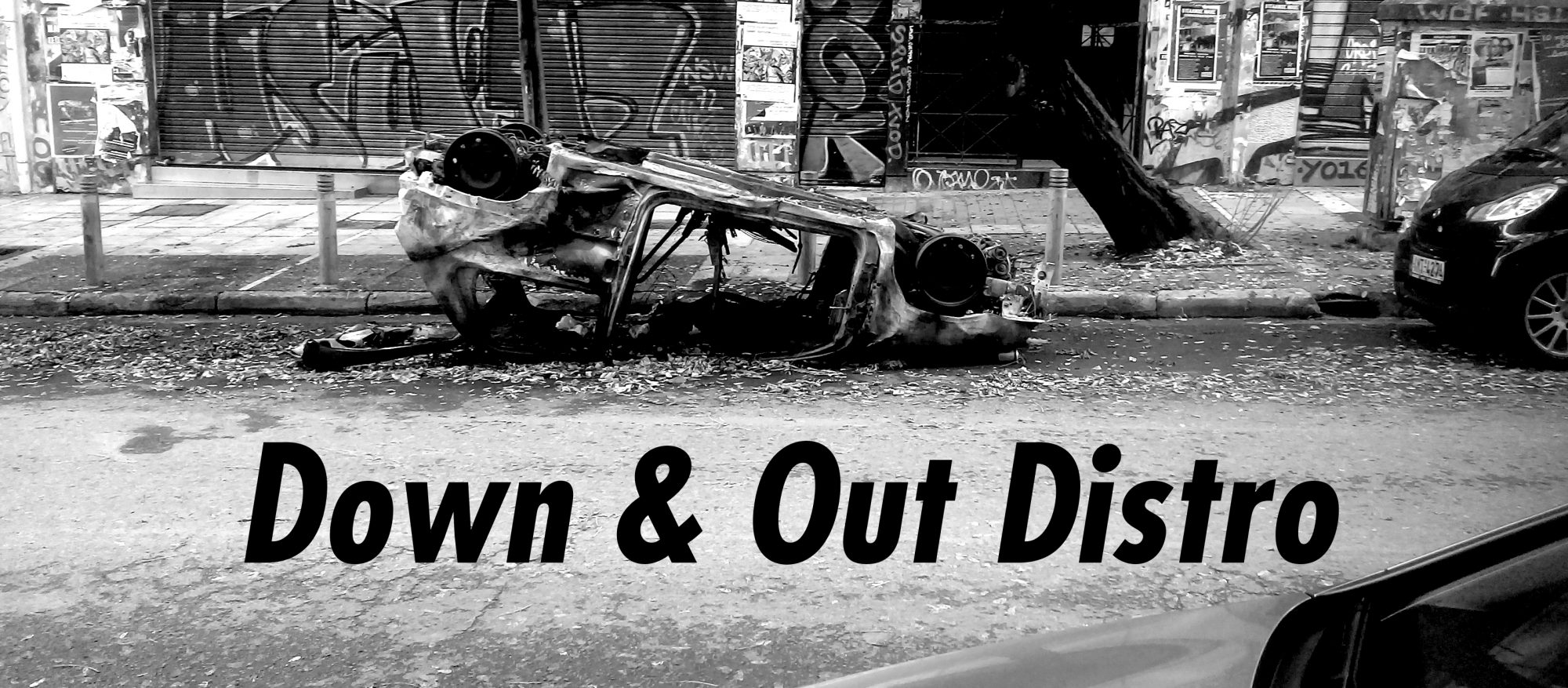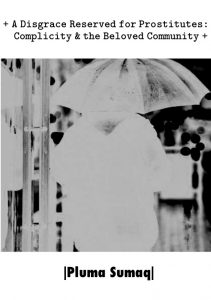We find ourselves stuck inside a suffocating false dichotomy in the realm of (anti) politics as it relates to concerns around the topic of identity. On the one hand, we find that the desire to destroy civilization/society in its totality and to attack in the here and now, is occupied, claimed and recuperated by those only concerned in destroying the existent as long as such an existent does not include themselves. The denials of materialism and materialist reality ever present in the current insurrectionist and nihilist milieus, and the accompanying machismo, racism, rape culture and outright refusal to consider any identity based concerns. The branding of all identity based concerns and the accompanying trajectories as always and only liberal demands for recognition in the face of domination and the associated scathing critiques of all forms of organizing which draw any power from or relation to identity categories as ultimately worthless. On the other hand, the generalized rejection of insurrectional tactics, analysis, and praxis by many trans-feminist, queer, and identity based trajectories has lead to a transition from the simple desire to self actualize/articulate trans-feminism/queerness and its necessary demands ending in constructionist logics which hyper valorize, celebrate, and execptionalise the very identities in which our experience of oppression(s) is rooted. We experience a great degree of disappointment in this impasse- what we are searching is an (anti) politics, which both embraces and reckons with the every day realities and lived experiences of those who experience identity based oppression, whilst also squarely aiming our hostility at the totality of the world which creates them; we wish to present a critique which both acknowledges the very real consequences of identity in the here and now, and attempts to undo the entirety of its constructions. We agree, identity is entirely social constructed, it is the product of thousands of years of domestication, brutality, violence, domination, and one central building block of civilization; where we stray from the traditional insurrectional perspective is in rejecting the naivety of believing that by simply refusing to recognize identity or identity based concerns as important is enough to de-nature them as powerfully violent. Further we hold firm to the belief that fighting anti sexist/racist/colonial struggles is in fact a central field in war against ‘the existent’. The fact that identities are social constructs doesn’t mean they don’t need to be recognized and then destroyed- one cannot hope to destroy an enemy which one refuses to except even exists. When one declares war on society, one accepts the existence of society; our war on identity is inseparable from our war on society, from the war on civilization; but this takes understanding, recognition, and sometimes organization based around those very identities.’
We are hoping to bring together a series of texts, whose focus lies in the realm of identity abolition, but whose praxis is rooted in materialist understandings of and engagements with identity. We are searching for new and existing pieces which challenge readers to engage with the every day lived experiences of those who contend with identity based oppression(s), whilst also aiming hostility squarely at the identities themselves and the worlds which they create. Submissions can come in the form of texts, poems, artworks or any other medium you see fit and are not limited to a specific word count. Submissions should be in by the end of February 2020- and sent to downandoutdistro(at)riseup(dot)net; if selected, texts will be included in their entirety and not edited by us, though we reserve the right not to include any texts we feel do not fit the line of engagement we wish to highlight. The collection will include an editorial from D&O addressing our own understanding and critique of identity as well as engagements with what we see as the failings in both insurrectional and identity based trajectories to deal with the topic. Other texts so far proposed for the journal cover topics including migration, sex work, experience of racialised identities, and nihilist feminism.
Text can be Submitted in English, French, or Greek, though texts not in English will be translated by us and the Journal will only be available in English.
SEND US YOUR TEXTS 🙂
 ‘Je ne me sentirais pas capable de m’appeler une survivante avant que chaque client n’ai été tué.
‘Je ne me sentirais pas capable de m’appeler une survivante avant que chaque client n’ai été tué.
